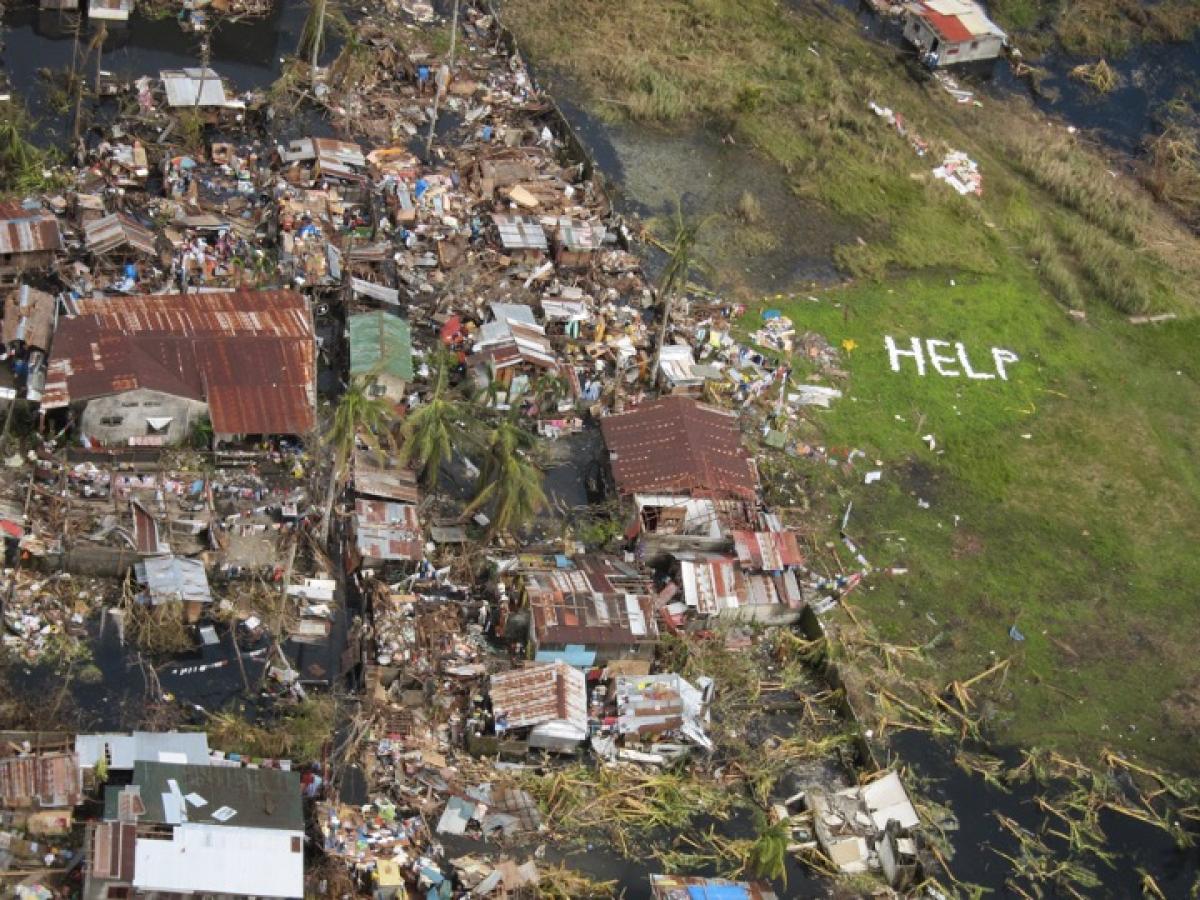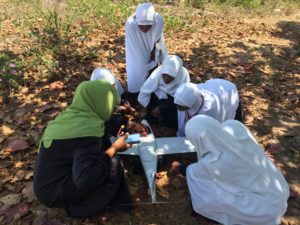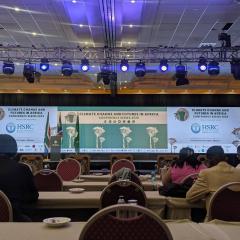
New! Fully Revised Code of Conduct on Using UAVs in Humanitarian Action
October 26th, 2020

We’re delighted to announce the public launch of this fully updated Humanitarian UAV Code of Conduct, produced by the Signal Program on Human Security and Technology at the Harvard Humanitarian Initiative (HHI) in partnership with WeRobotics. As announced earlier, we selected the Signal Program as our preferred partner to critically review and update the Code of Conduct, which was first launched in 2014. The Signal Program works to advance the safe, ethical, and effective use of information technologies by communities of practice during humanitarian and human rights emergencies. Through contributions such as the Signal Code, the team has established essential humanitarian technology space standards. This is precisely why we turned to them to revamp the Humanitarian UAV Code of Conduct, along with the code’s thematic guidelines. The formal decision to update the Code of Conduct was made during this Experts Meeting on Drones in Humanitarian Action. The results speak for themselves. This new version of the Code of Conduct represents the most significant and comprehensive update since 2015.
We now invite the broader community to provide their feedback on this new version, which will remain open for comments until February 1, 2021. Kindly use this form to share your feedback so your suggestions can be reviewed and integrated as appropriate. A specific explanation will be provided if your feedback is not added to the Code of Conduct. As part of this process, we also invite feedback on the new draft guidelines on cargo drones available here. These cargo drone guidelines will be formally added to the Code of Conduct in 2021. The “final” version of this Code of Conduct will be launched on May 1, 2021. A new round of open revisions will take place in 2023 as needed.

In the meantime, we sincerely thank HHI’s outstanding all-woman team for leading this full review and update. More specifically, we thank Mari Bothner, Roshni Chakraborty, Saira Khan, and Caitlin Howarth for their invaluable contributions to this document. They introduced a diverse range of perspectives to restructure and refine the existing Code of Conduct and Guidelines. Mari and Roshni are research assistants at the Signal Program on Human Security and Technology at the Harvard Humanitarian Initiative. They were key contributors to the following sections: Obligations on Community Engagement, Partnership & Third Parties, and Data Protection. Saira Khan is the research coordinator at the Signal Program and contributed key changes to the Code of Conduct and provided guidance to all team members. Caitlin Howarth, program manager at the Signal Program, used her expertise to further the Obligations in Conflict Environments and provided oversight over this entire process. Finally, we thank Rob Baker, former director of the Signal Program, for setting up the partnership between the Signal Program and WeRobotics, which enabled HHI to make essential contributions to the Humanitarian UAV Code of Conduct.
Recent Articles

